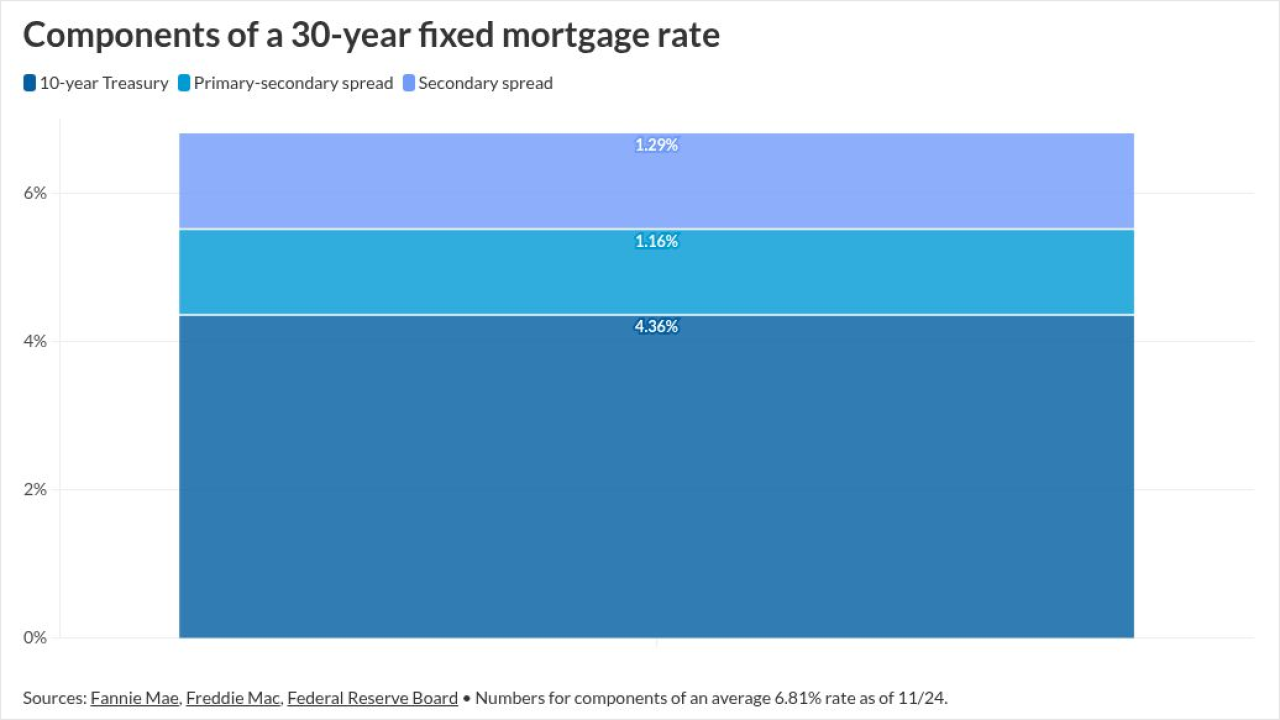Ally Bank, a unit of Ally Financial, is preparing to issue $988.7 million in bonds to investors secured by payments on a pool of auto loans, and while the deal is generally considered prime, the pool is showing a couple of signs of weakening collateral.
Loans originated from Q2 2021 through Q1 2022 include about 45% of the Ally Auto Receivables Trust 2022-3 pool, which Moody's Investors Services flagged as a potential credit challenge because receivables from that vintage are beginning to show weaker performance.
Looking back further, Moody's found that the 2022-3 pool had a credit quality that was comparable to 2022-2, but still much weaker than Ally Auto Receivables Trust pools from previous years, according to a pre-sale report from the rating agency. For instance, the 2022-3 pool has a 729 average FICO score, which is one point lower than the 2022-3 pool, but 12 points lower than the 2019-4 pool.
Used vehicles make up some 60% of the collateral, some 61,982 contracts, while 40% of the pool is made up of loans on new vehicles. Trucks and SUVs make up 77% of the pool, and the rest are cars.
The notes also face a credit challenge because there is no mandatory repurchase of modified loans, according to Moody's.
"Without repurchases, the modified loans will lead to higher losses, as these loans tend to have a higher probability of default," according to the pre-sale report.
Yet the deal has several important attractions, including Ally's background as an early and frequent sponsor of asset-backed securities deals.
As for credit enhancement, the notes receive help from overcollateralization, a reserve fund, subordination and excess spread, plus liquidity in the form of a cash reserve.
BofA Securities, Citigroup Global Markets and Barclays Capital are the lead underwriters on the deal, which will issue the notes through a senior-subordinate capital structure.
Moody's expects to assign ratings ranging from P-1 on the $216 million A-1 notes to 'Baa3' on the $12.8 million, class D notes.





